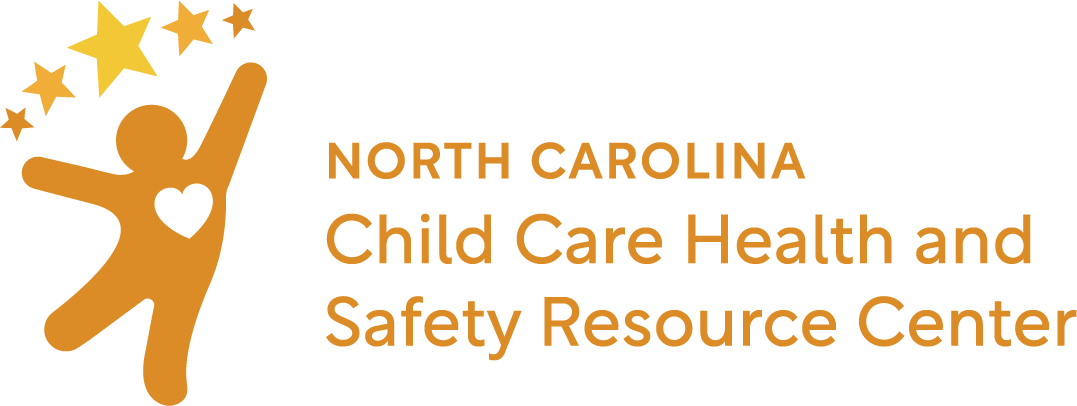Health Education and General Health Information
Child Care Health Consultant Competency 4: Health Education
(Source: Early Childhood Learning & Knowledge Center, Child Care Health Consultant Competencies)
The CCHC provides and/or facilitates health education for staff, children, and families. The CCHC collaborates with staff to provide health education to children and families. A CCHC also:
- Assesses the need for timely health education within programs
- Helps programs identify or design up to date, science-informed health education materials
- Provides training on a wide range of health and safety issues relevant to staff, children, and families
- Helps programs provide developmentally appropriate health education to children
- Applies adult learning principles to the development and delivery of health education for staff and families
- Takes advantage of teachable moments to increase awareness and behaviors that support health, safety, and wellness
- Promotes staff modeling of healthy behaviors
- Follows up after implementing health education programs to assess learning and identify additional needs
- Connects staff to relevant continuing education opportunities that allow them to individualize their own learning
The CCHC works with programs to ensure that staff and families have health information they can understand and use to make informed decision. The Health Literacy for Public Health Professionals course from the Centers for Disease Control and Prevention explains the fundamentals of health literacy. A CCHC also:
- Strengthens the ability of programs to communicate accurate health information in ways staff and families can understand
- Ensures health policies and procedures are written in ways that staff can understand to promote effective implementation
- Helps programs identify strategies to engage staff, children, and families to promote healthy and safe behaviors
Find a CCHC in your community.
Featured Initiatives and Resources:
Additional Resources
- Birth to 5: Watch Me Thrive!
Birth to 5: Watch Me Thrive! is a coordinated federal effort to encourage healthy child development, universal developmental and behavioral screening for children, and support for the families and providers who care for them. - Bright Futures
Bright Futures is a national health promotion and disease prevention initiative that addresses children’s health needs in the context of family and community. - Centers for Disease Control and Prevention (CDC)
CDC is the federal agency that provides information to enhance health decisions. The CDC serves as the national focus for developing and applying disease prevention and control, environmental health, and health promotion and education activities designed to improve the health of the people of the United States. - KidsHealth from the Nemours Foundation
KidsHealth is doctor-approved health information about children from before birth through adolescence.


